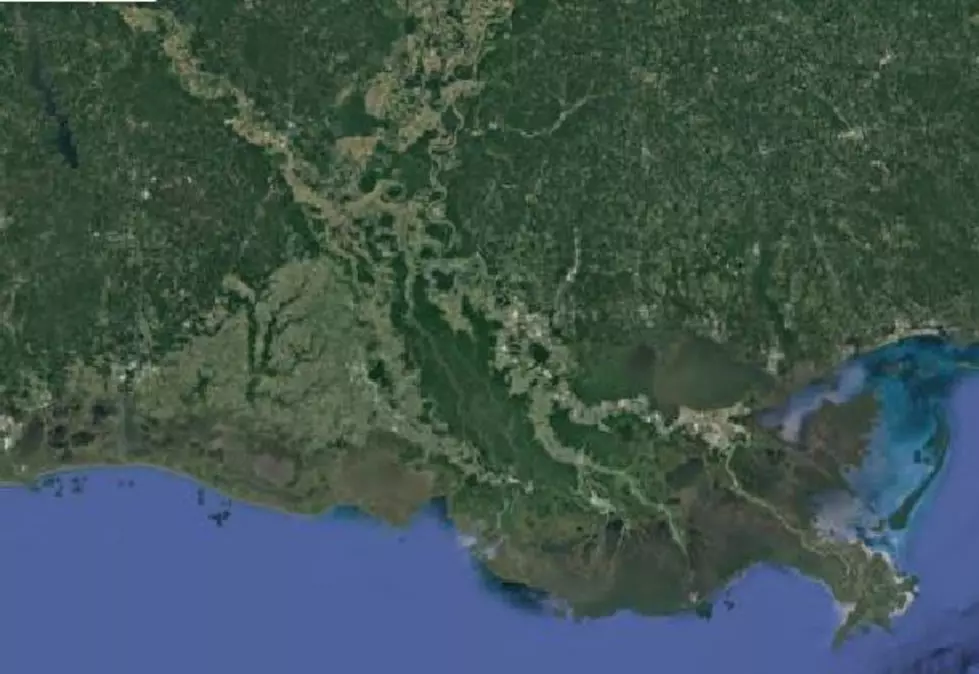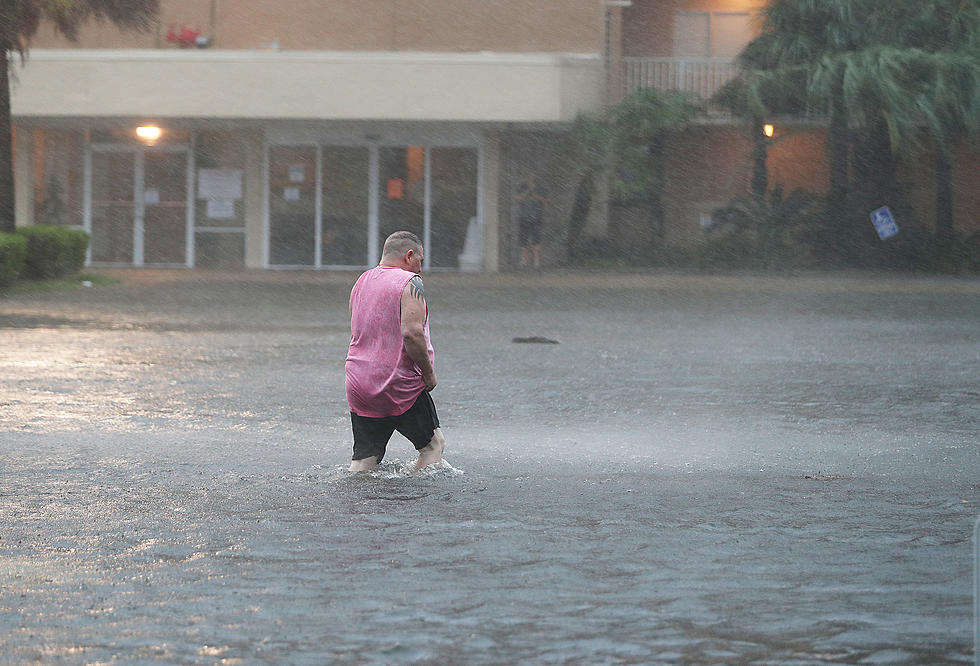
Tulane warns relative sea level rise faster than previously thought
Tulane researchers say current models estimating the level of sea level rise in low lying coastal areas are underestimating how quickly we’re sliding into the sea. Wetland scientist and grad student Molly Keogh say at the moment they believe we’re losing about a half inch of relative sea level every year, but it may be more than that, a problem that could have profound implications.
“If sea level is rising faster than expected then we could be planning for situations that are coming sooner than we are anticipating.”
Keogh says the general sea level is on the rise due to the usual suspects related to climate change, but Louisiana and other marshlands are particularly susceptible because rising seas aren’t the only factor involved in our gradual sinking.
“Yes sea level itself is going up, and that’s where climate change and fossil fuel burning comes into play, but here we also have land subsidence from compaction and fluid withdrawal.”
Keogh says due to the vulnerable nature of Louisiana’s heavily coastal population, the state is pursuing several innovative coastal restoration plans, including an effort in New Orleans to retain more water from rainstorms to help prevent soil compaction and river diversion projects.
“(River diversion projects) will help restore sediment supply to some of our coastal marshes, and that can make up the accretion that has occurred in these sediment diversions, which can help make up for the elevation that is lost through subsidence.”


